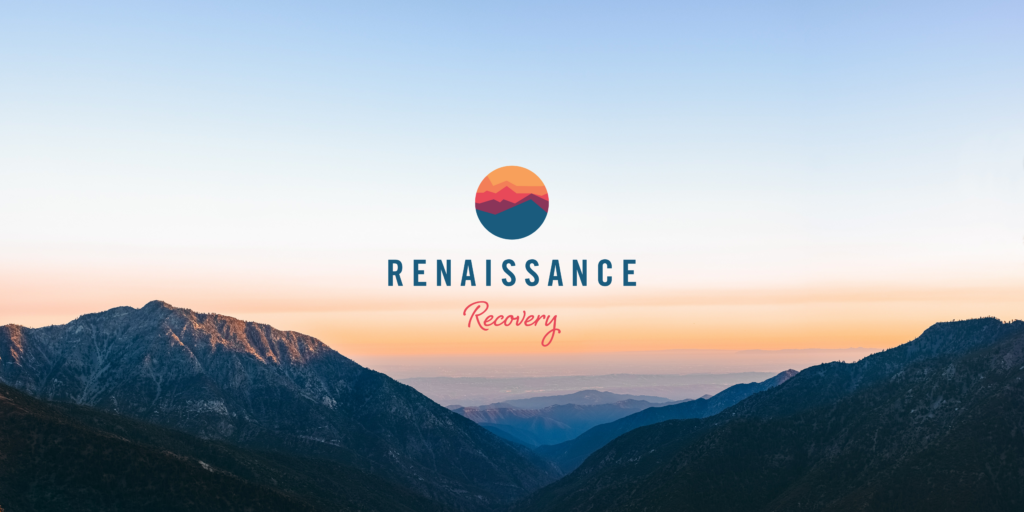Outpatient rehab offers many benefits, such as being more cost-effective, allowing people to continue working, and providing the opportunity for people to receive support from family during their recovery journey. This guide addresses the following issues:
- What is outpatient drug rehab?
- What is outpatient alcohol rehab?
- How to connect with outpatient rehab in California.
How Do Outpatient Programs Work?
Outpatient programs are structured to deliver drug or alcohol treatment within scheduled weekday sessions, allowing people to return to their homes each evening. This contrasts with inpatient programs, where participants stay at the treatment facility around the clock. Here’s a snapshot of outpatient rehab:
Need help getting addiction treatment?
- Intensity levels: Outpatient services come in various intensities. Intensive outpatient programs typically involve attending 3 to 5 days a week for sessions that last around 3 hours each, plus an additional weekly individual therapy session. The commitment here is at least 9 hours a week. Standard outpatient programs, on the other hand, may extend to 1 or 2 sessions weekly over the course of a year, for a more extended therapeutic timeline.
- Therapeutic sessions: These programs often include group therapy or individual counseling sessions, with a focus on identifying personal triggers and mastering coping mechanisms. Group therapy offers the powerful benefit of shared experience, allowing individuals to find commonality and solidarity in their recovery efforts. Being immersed in a group setting that promotes supportive and constructive behaviors can significantly influence individuals to pursue a sober and more rewarding lifestyle.
- Diverse settings: Treatment can occur in a variety of environments, ranging from specialized drug or alcohol rehab centers to local health department offices, private counseling practices, mental health clinics, or outpatient hospital departments.
How Does Outpatient Alcohol Rehab Work?
Outpatient alcohol treatment specifically targets the challenges and dynamics of alcohol addiction. It often includes specialized therapy sessions focusing on the physical and psychological aspects of alcohol dependence.
People addressing addiction to alcohol engage in activities like alcohol education classes, where they learn about the effects of alcohol on the body and mind, and skills training workshops to develop strategies for avoiding alcohol. A significant component of outpatient alcohol rehab is relapse prevention planning, where individuals work with therapists to identify potential relapse triggers and create personalized strategies to maintain sobriety.
Additionally, family therapy may be included to address any interpersonal issues and improve family support systems, both beneficial for long-term recovery.

How Does Outpatient Drug Rehab Work?
What is outpatient drug treatment, then? Outpatient drug rehabilitation is tailored to address the unique challenges of various drug addictions, from prescription medications like opioids and benzodiazepines, or illicit drugs like heroin, cocaine, and meth.
Outpatient drug treatment begins with a comprehensive assessment to determine the specific needs and substance use patterns of each person. Following this, a customized treatment plan is developed, which may include a combination of CBT (cognitive-behavioral therapy), MI (motivational interviewing), and CM (contingency management). These techniques are designed to help change harmful behaviors and thought patterns associated with drug use.
Beyond this, outpatient drug rehab may offer MAT (medication-assisted treatment) to manage withdrawal symptoms and cravings, making the recovery process more manageable. Peer support groups and specialized sessions focusing on life skills and vocational training are also integral components, helping people to rebuild a drug-free life.
Who Is Outpatient Rehab For?
Some of the most common use cases for outpatient rehab include:
- Individuals with strong home support: Suitable for those who have a robust support system at home and a stable living environment, facilitating recovery while staying with family.
- People with daily responsibilities: Ideal for individuals who cannot afford to take extended leave from work, school, or family responsibilities, allowing them to maintain their daily routines.
- Mild to moderate addictions: Best suited for persons with mild to moderate substance use disorders who do not require the intensive care and structured environment of inpatient treatment.
- Transition from residential rehab: Beneficial for those transitioning from an inpatient program, offering continued support and therapy while they adjust to everyday life.
- Those seeking ongoing support: Appropriate for individuals who have completed more intensive treatment and are looking for continued support to sustain their recovery journey.
- Flexibility and accessibility: A practical option for many due to its flexibility and accessibility, accommodating various schedules and lifestyle needs.
FAQs
What is outpatient substance abuse treatment?
Outpatient substance abuse treatment is a form of addiction therapy where people receive treatment through scheduled appointments at a facility but continue to live at home.
How does outpatient rehab work?
Outpatient rehab involves attending therapy sessions, which may include counseling, psychotherapy, group therapy, and educational programs, while still having the time to fulfill personal and professional commitments.
What is outpatient drug treatment?
Outpatient drug treatment is a form of addiction care where individuals attend scheduled treatment sessions at a facility but live at home, allowing them to maintain daily activities at work or home. Treatment may involve medication-assisted treatment, counseling, group therapy, relapse prevention, and aftercare.

Get Premier Outpatient Rehab at Renaissance Recovery
Not everyone requires outpatient rehab for drugs or alcohol. Indeed, research shows that most mild and moderate addictions can be treated equally well with intensive outpatient treatment.
At Renaissance Recovery, we treat all types of substance use disorders, alcohol use disorders, and co-occurring disorders in an outpatient setting at our rehab in Huntington Beach, CA. Outpatient drug and alcohol rehab enables you to engage with the evidence-based care you need without neglecting your everyday commitments.
During outpatient or intensive outpatient treatment at our beachside facility, you will receive personalized care that may include:
- Talk therapies (CBT and DBT)
- Holistic therapies
- Medication-assisted treatment
- Family therapy
- Group therapy
- Individual counseling
- Aftercare planning
For immediate access to outpatient addiction treatment in California, call 866.330.9449.



